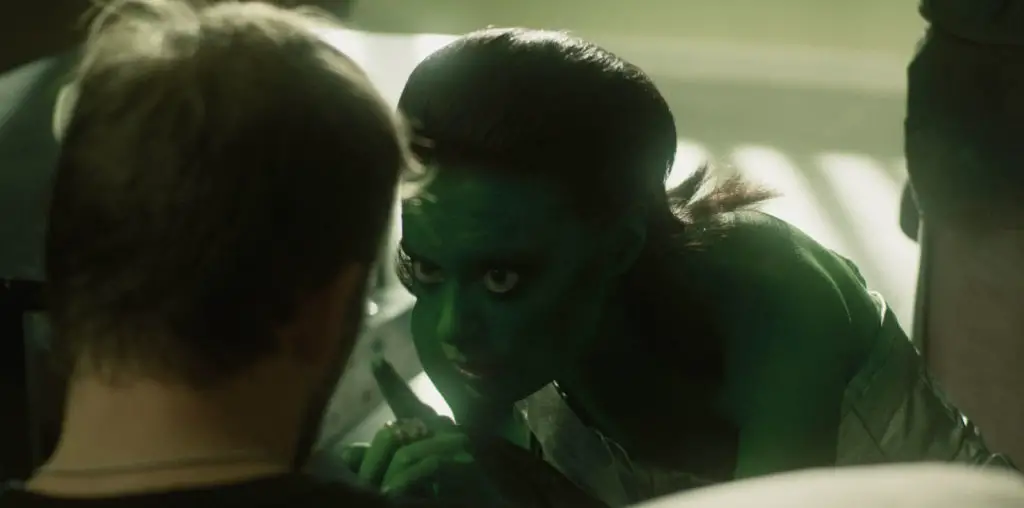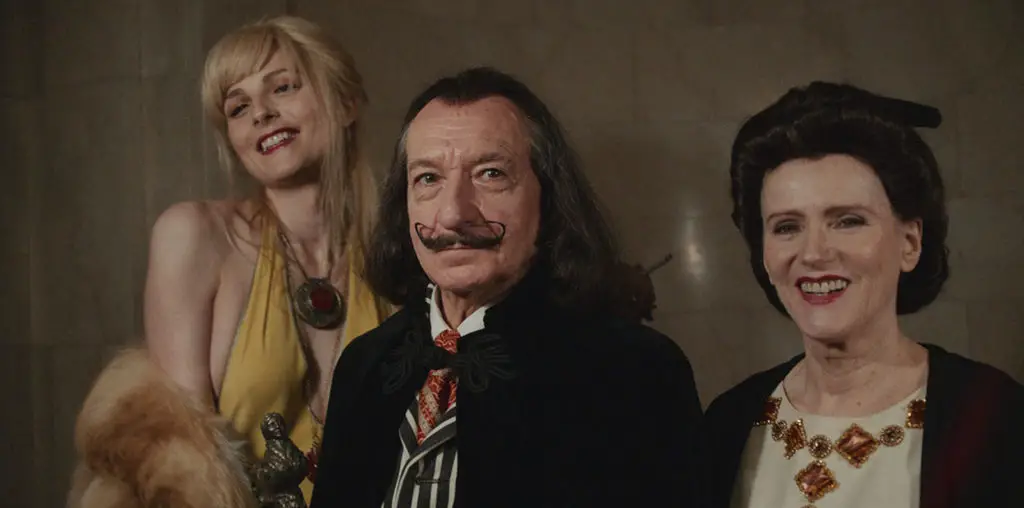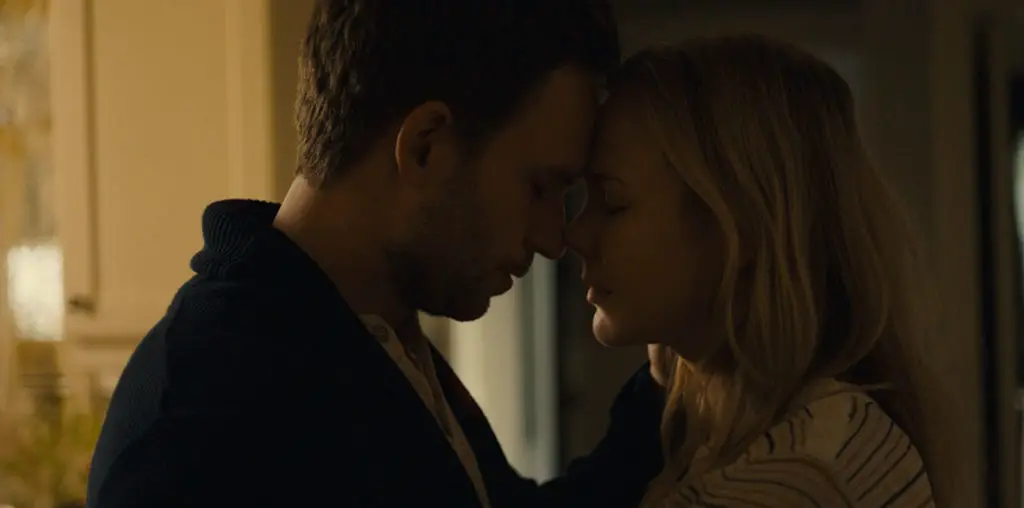
Sometimes a film is less of a linear narrative and more of a poem made of light, sound, and tones. Such is the case with director-writer Richard Bailey’s ethereal King Judith. This poem is hung on the frame of a parable about a detective named Miriam (Nicole Fancher) investigating the disappearance of three women who’d been studying “Lady of the Lake” myths across the American South. While Miriam is questioning people who might have information about the women, she hears many tales of the gothic mysteries of the South. Miriam begins to have waking visions of the spectral Lady of the Lake, a powerful nature spirit called Judith (Emily Ernst).
Miriam speaks to several characters who tell her stories about the disappearances. Her initial shamanic guide is a woman named Doyenne (Rhonda Boutté), who knows one of the missing women she calls Sister Woman (Joanna Schellenberg). Doyenne tells Miriam that she writes her dreams in the morning and enacts them for an audience in the evening. She is joined in acting out what she knows about Sister Woman by a mime who is part of her theatrical troupe.
Among the stories that come out are a couple of reasonably cogent tales, one of which has Sister Woman meeting a man named Rusty Bell (Cameron McElyea), whose car has broken down. Sister Woman offers to take him to a nearby consignment store to ask for help, and he meets a colorful group of people there. Another set of vignettes involves the beautiful Catherine Rose (Jenny Ledel), who, when approached by men at a bar, shows them a drawing she’s done and asks for their impressions of it.
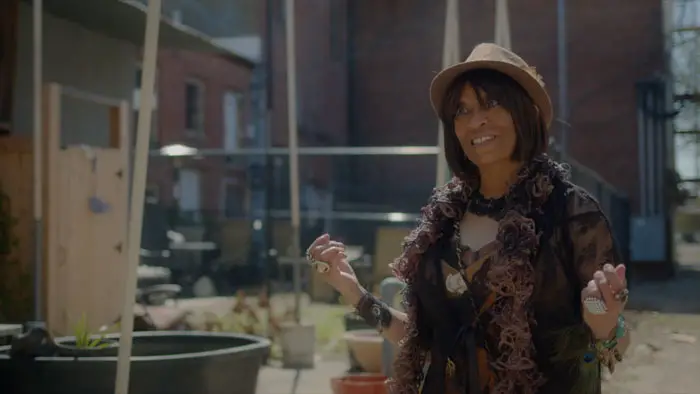
“Miriam begins to have waking visions of the spectral Lady of the Lake…”
The non-linear exploration of the notion of the Lady of the Lake in King Judith is reminiscent of Jim White’s tour of the gothic South in the music-oriented documentary Searching for the Wrong Eyed Jesus. The conversations and events depicted could only take place in a Southern context where religion and mysticism overlap with sex and violence. When Rabbit (Sasha Maya Ada) throws an axe to indicate her displeasure with a comment, this would only seem like normal, even humorous, behavior here.
The film also focuses on the power of women in the South. From Doyenne as a guide to the explorations of Sister Woman, the tales of Miriam and Catherine, finally culminating in the mystical powers of Judith. Men may have an illusion of power in this world, but only insofar as women allow. The beautiful landscapes from the director of photography Jay Flowers and the soundscapes floating over the scenes paint a dreamy land of gothic strangeness and beauty.
Bailey is an independent filmmaker and poet who has taught film at Southern Methodist University in Dallas, TX. His films speak to the mysteries of the gothic South, with a specific focus on the unique charm and character of Texas. King Judith is a charming, atmospheric film. It is more to be enjoyed as a trippy immersive experience than as a particular narrative thread. Enjoy it with that understanding.
For more information about King Judith, visit the Artful Cinema Facebook page.
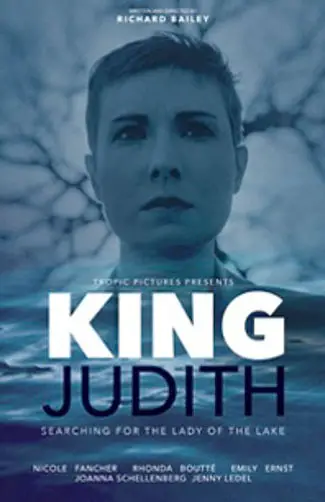
"…a poem made of light, sound, and tones."
